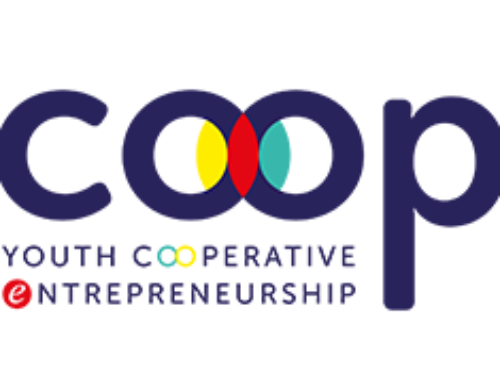“Were you ever asked by a manager to ‘do what you want’, where you felt free to innovate? Did it feel like freedom? Maybe you felt encouraged since you could now experiment your idea, but did it mean that your performance was now on the radar? Could you then stay true to your vision or did you feel the need to compromise so that the ‘numbers lined up’? Either way, you should know that you are not alone. Arguably, we are in an age of paradox1 where simultaneous contradictions are all too common. Innovation paradox arises when “the aggressive pursuit of operational excellence and incremental innovation crowds out the possibility of creating ground-breaking innovations” (Davila & Epstein, 2014, p.2). Often these contradictions are meaningful on their own merit but when interdependent on each other, they create tensions in economic, social, environmental and ethical decision-making. In previous editorials, we have shared how digital innovations and societal disparity across the world are influencing strategic decision-making and shifting the innovation mindset. We now stretch the boundaries by suggesting that paradigms relying on economic trade-offs and shared-value that have shaped conventional organisational strategies are no longer sufficient to guide paradoxical tensions in decision-making. (…)”
Please check the full paper at the Journal of Innovation Management.

